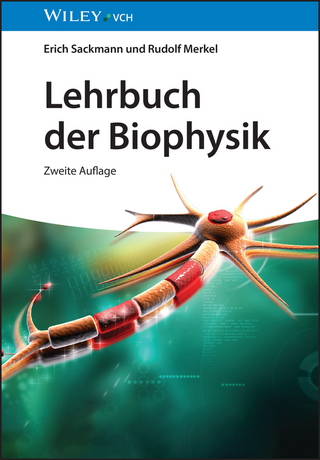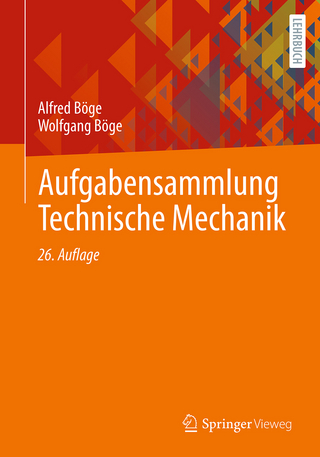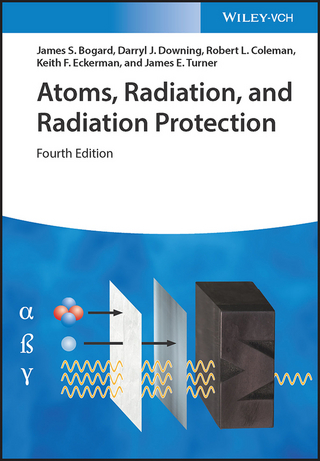
Urban Microclimate
Elsevier Science Publishing Co Inc (Verlag)
978-0-12-822910-1 (ISBN)
Sections cover the underlying theoretical and conceptual science behind urban climatology and meteorology, including surface energy balance, the urban heat island effect, thermal comfort, and human stress effects, how to conduct urban microclimate measurements, remote sensing methods, microclimate modeling, and different instrumentation, and Finally, practical guidance on how to mitigate against changing climate conditions and severe thermal stress in urban areas, providing concepts, design and technique with clear-and-concise instructions that are supported by detailed case studies to illustrate the effectiveness of each method.
Tzu-Ping Lin is Distinguished Professor at the Department of Architecture and Chief Sustainability Officer of the College of Planning and Design at National Cheng Kung University (NCKU). He leads the Building and Climate Lab, focusing on urban microclimate, urban/human biometeorology, green buildings, energy conservation, climate change and building adaptation. Professor Lin was awarded the Outstanding Research Award by the Ministry of Science and Technology and the Architecture Award for Young Generation by the Architectural Institute of Taiwan. Prof. Lin is also an architect in Taiwan and is the leader of Taiwan Green Building Code Enhancement Project, responsible for the revision of the Green Building manuals and the verification of the green building review process in Taiwan. He developed urban thermal risk/ventilation/energy consumption maps and is applying for sustainable urban policy and green building code for the government of Taiwan.
PART I Knowledge of urban microclimate
1. Surface energy balance in various scales and levels
2. Climate in urban area
3. Urban heat island effect
4. Thermal comfort and stress of human
PART II Identification of hot spot in urban area
5. Measurement and instrumentation
6. Remote sensing methods
7. Microclimate models
PART III Implementation of cooling the cities
8. Urban Climatic map
9. Greenery and water cooling
10. Cool material of building and pavement
11. Creating shades in the cities
12. Urban ventilation and wind corridor
13. Energy consumption reduction in buildings
14. Future challenges and opportunity for microclimate
| Erscheint lt. Verlag | 1.3.2023 |
|---|---|
| Zusatzinfo | Approx. 300 illustrations (100 in full color); Illustrations, unspecified |
| Sprache | englisch |
| Maße | 191 x 235 mm |
| Themenwelt | Naturwissenschaften ► Physik / Astronomie ► Angewandte Physik |
| ISBN-10 | 0-12-822910-1 / 0128229101 |
| ISBN-13 | 978-0-12-822910-1 / 9780128229101 |
| Zustand | Neuware |
| Haben Sie eine Frage zum Produkt? |
aus dem Bereich


